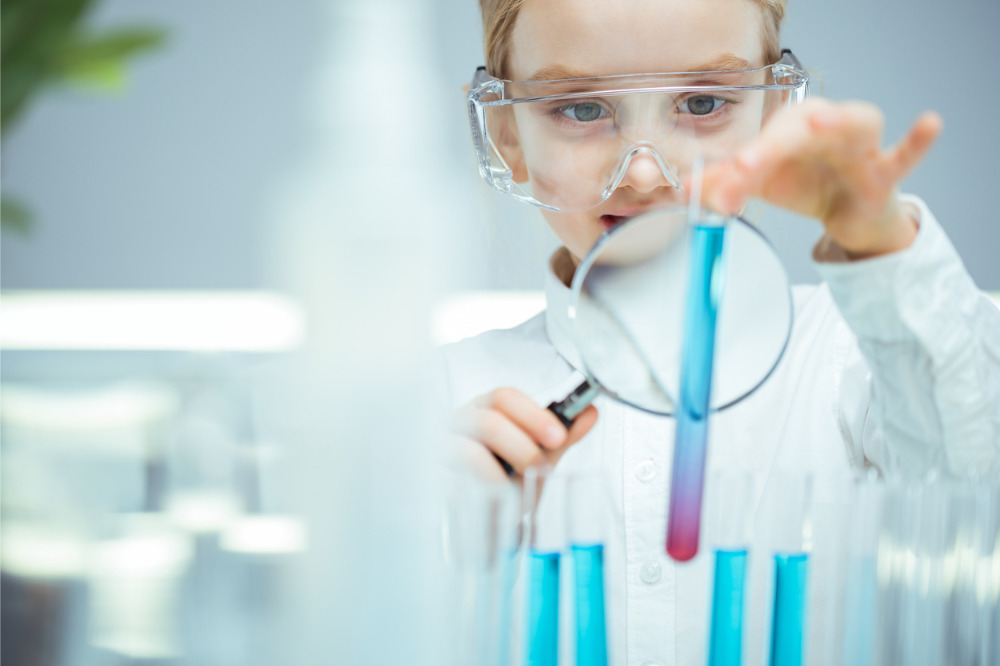
In October, a report by the Australian Academy of Technological Sciences and Engineering (ATSE) said Australia needs to urgently rethink its approach to encouraging careers in STEM in order to tackle the growing national skills crisis.
Science education, a key pillar of STEM, has fortunately been seeing some promising outcomes, with the most recent TIMSS report showing that Australia has climbed into top 10 in Year 8 maths and science, and Year 4 science – progress the government hopes to maintain through a raft of changes to the Australian Curriculum.
In NSW, the NSW Government recently unveiled its proposed new Science and Technology syllabuses for consultation, with a focus on creating the next generation of leaders in STEM.
Read more: What makes an award-winning STEM program?
The release of the proposed syllabuses come as part of the Government’s ongoing delivery of the most comprehensive Curriculum Reform in a generation.
NSW Education Minister, Sarah Mitchell, said the new syllabuses have been reshaped to align with current in-field evidence that will best equip students for success in a modern, digital and connected world.
“Through these syllabuses, students will benefit from more tangible learning experiences that give them the chance to study real-world challenges, setting them up as the next generation of world leaders in STEM,” Mitchell said.
“Ultimately, the new syllabuses have been designed to better prepare young people for further study and career pathways in STEM.”
The draft Science syllabus for Years 7 to 10 includes new contemporary topics on data science and investigating scientific evidence, as well as a greater focus on environmental sustainability and energy based on the latest evidence.
Key changes include:
- More explicit focus on applying knowledge and skills, with students applying classroom learning to real-world challenges and opportunities.
- A greater focus on essential knowledge and skills removing ambiguity and better supporting teacher planning.
- Increased connections between science and mathematics to support learning across the curriculum.
- Greater links to Aboriginal and Torres Strait Islander historical and contemporary uses of science and technologies.
- Greater focus on developing students’ writing skills for scientific purposes.
- Life Skills components of the syllabus provide greater opportunities for students with intellectual disability to extend their literacy, numeracy and communication skills in authentic learning contexts.
Additionally, a new draft Technology syllabus for Years 7 to 8 builds on an already strong syllabus with a greater focus on digital literacy, cyber security and online safety.
The public can have their say on the draft Technology 7-8 syllabus until 21 November 2022 and on the Science and Drama 7–10 syllabuses until 5 December 2022.
The original version of this article appeared as a media release on the NSW Education Department’s website.


